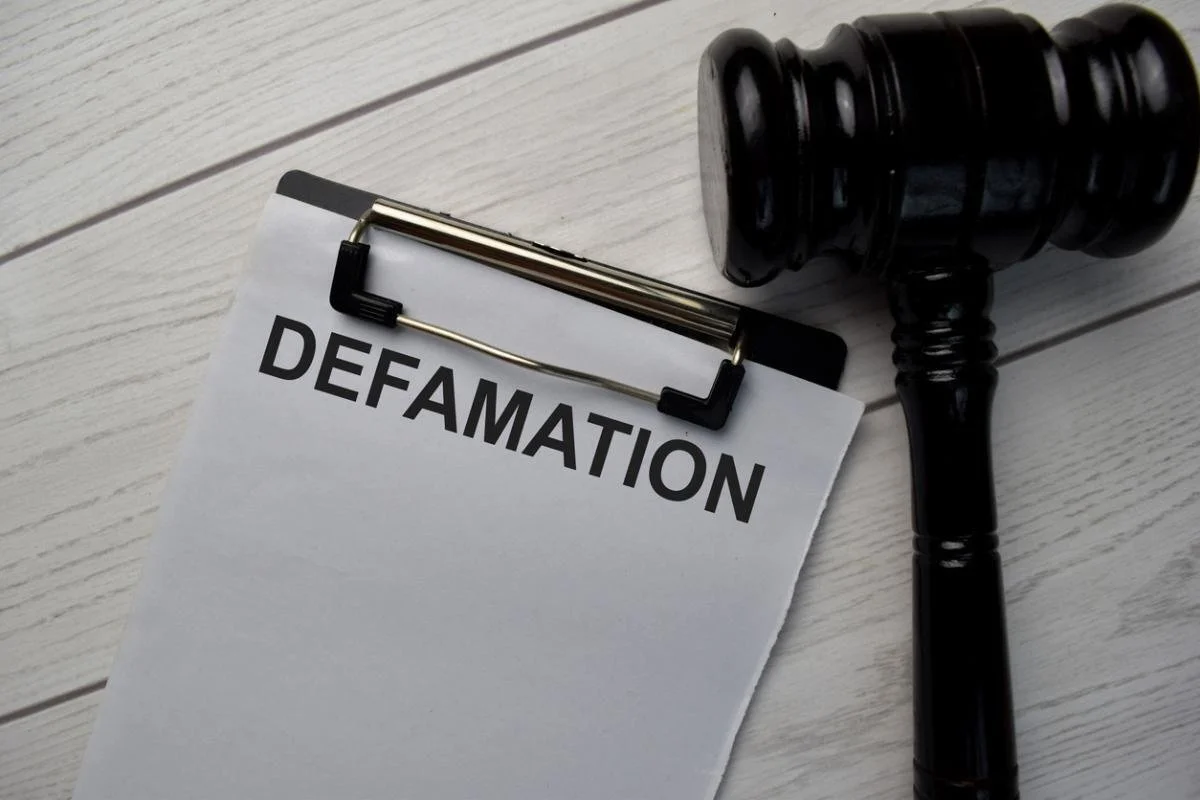Cigna Faces Class Action Lawsuit Alleging Wage and Hour Violations
/A California wage and hour class-action lawsuit alleges Cigna Health and Life Insurance Company failed to pay employees accurately.
Did Cigna Fail to Provide Workers Minimum Wage and Overtime?
According to the wage and hour class action, Cigna violated numerous California Labor code provisions when they allegedly failed to provide accurate pay and overtime pay. California state law protects workers against employers who try to increase profits by underpaying their workers, requiring unpaid work (i.e., mandatory unpaid training, off-the-clock work, etc.), or failing to calculate overtime pay accurately. Blumenthal Nordrehaug Bhowmik De Blouw LLP filed the class action complaint (Case No. 283609) that is now pending in the Tulare Superior Court of the State of California.
Cigna Allegedly Failed to Pay Minimum Wage & Overtime Wages
The class action complaint outlines multiple violations of California Labor Law:
Failure to pay minimum wage
Failure to accurately record and provide employees with mandatory meal breaks and rest periods
Failure to provide employees with accurate itemized wage statements
Failure to reimburse workers for required business expenses
Failure to provide wages to workers when due
Additional Allegations: Did Cigna Commit Acts of Unfair Competition?
The Cigna class action also alleges that the health and life insurance company committed acts of unfair competition that violated California’s Unfair Competition Law. For example, according to the class action, the company allegedly held a company-wide policy and standard procedure that failed to accurately calculate and record the correct overtime pay rate for workers. As a direct result of inaccurate overtime pay calculation standards and processes in place at Cigna, the company also allegedly failed to provide accurate overtime pay to workers.
What Happens When California Employers Violate Labor Law?
Most California businesses are subject to several regulatory and legal requirements (Federal, state, and local levels). The labor law requirements are designed to protect America’s workers. The state of California takes employment laws seriously, even when complying with the law may be difficult for California employers, so violating labor law can result in severe consequences for California employers.
If you need help collecting unpaid overtime, or if you need to file a California overtime pay lawsuit, get in touch with Blumenthal Nordrehaug Bhowmik DeBlouw LLP. Experienced employment law attorneys are ready to assist you in any one of various law firm offices located in San Diego, San Francisco, Sacramento, Los Angeles, Riverside, and Chicago.










